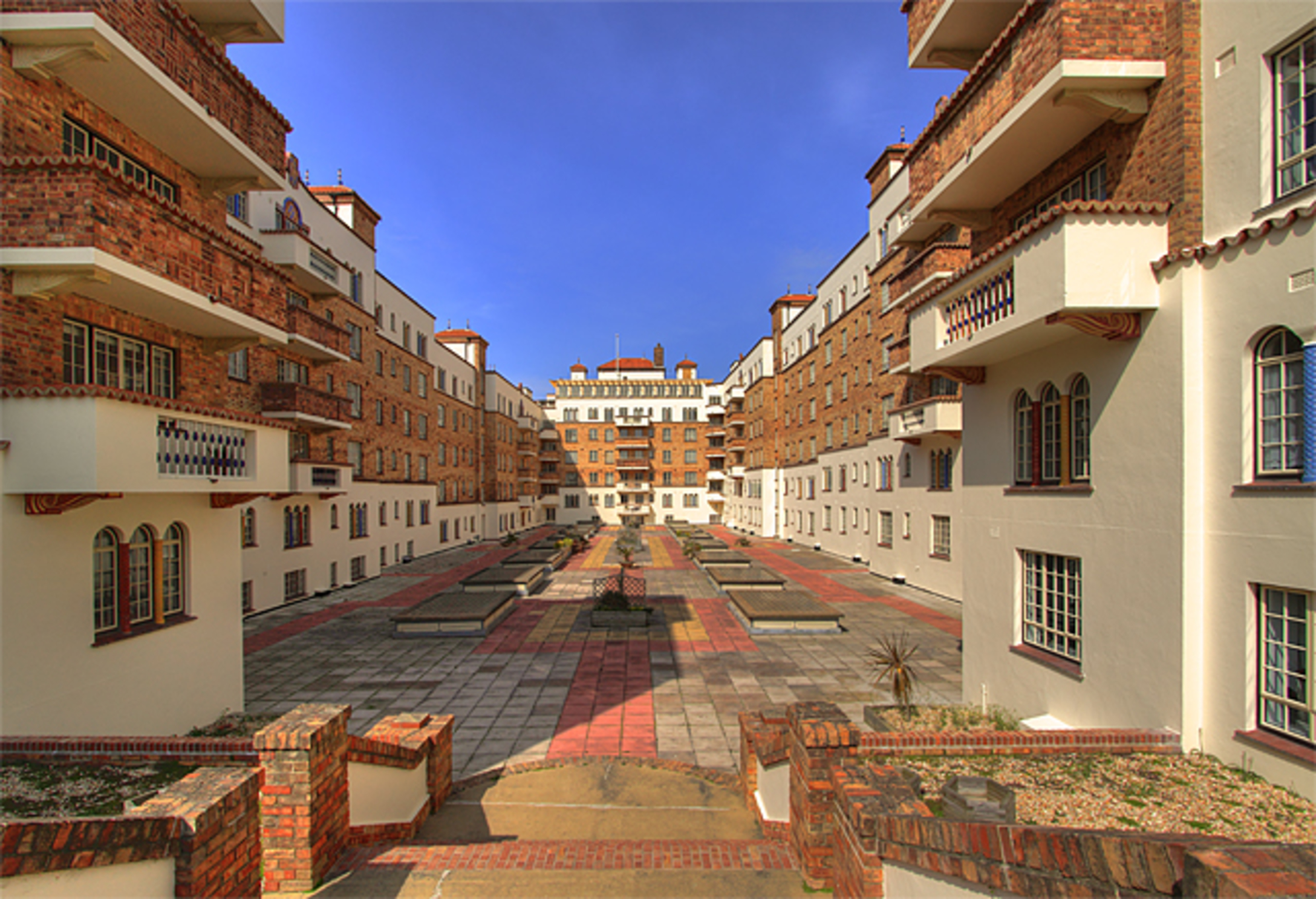March 11, 2019
Dorset, U.K.
At ten I dressed and watched the first half of a documentary about Marilyn Monroe’s last sessions with her psychotherapist (“I feel like I’m on the verge of craziness,” Monroe purred on the tapes, “but it isn’t craziness. I feel like a fake or a phoney, you know how people feel about themselves?”), and at eleven I stepped out with the intention of first finishing an essay, and then walking to this one specific building by the sea.
Like an idiot or a Victorian, I tend to believe in the restorative power of a short stay by the sea, which makes my childhood home the ideal destination for a breakdown. It was Monday, and I had arrived the night before, and for the next three or four days I had made no immediate plans to meet with anyone, or to do anything especially taxing.
Six months earlier, I moved out of London and to Norfolk with my partner, partly because we could no longer afford to live in even the outermost, least convenient boroughs of the city, and partly because after two solid years of working seven day weeks as a writer to survive, I had burned out. A few months after that, I realised that wherever I went, there — unfortunately — I was. The idea of sea air, of going whole days without speaking much, seemed purifying.
The walk down to the sea was not particularly scenic, and the weather was not dazzling but appropriately bracing; a storm named, absurdly, “Gareth,” was predicted to hit imminently, bringing gale force winds and heavy rain. I passed the hospital where I was born, and walked down a small motorway, and generally inhaled more petrol fumes than one would normally imagine to be ideal for a restorative walk over about three miles. Eventually, I arrived at the café-bookshop where I meant to sit and write. I ordered, unusually, a chilled latte, even though what I desired was a strong dark coffee and a cold beer.
The piece I had been writing was about the anime film Perfect Blue, whose plot concerns a pop star making the transition into acting, and which fractures into an alarming, dreamlike blur of stalking, murder, and mistaken identity. In terms of dissociative mood if not in terms of subject matter, it felt unintentionally, dumbly on-the-nose. I also kept remembering the last time I had visited this café, when their goji and dark chocolate “Dark Power” ball had been paired with a pistachio and white chocolate “White Power” one, and I had agonised over whether or not to point out that “Pale Power” might be better. (I had ended up not saying anything, for fear of the ensuing conversation—if I have not made this obvious already, socially I am a lost cause.) Against all odds, I finished and then filed my piece; paying at the till, I noticed that while the “Dark Power” snacks remained, their counterparts were missing. I considered, briefly, whether this meant I should choose a new job: one in advertising, maybe, or in crisis management.
Outside, I continued the uphill walk past a row of junk and antique shops to reach the wasted high-street of my destination, Boscombe. Boscombe is a seaside town destroyed by, among other things, a heroin epidemic. Locals, with a certain irony, refer to it as “Bos Angeles,” or “Bos Vegas,” and the second recommended Google search for Boscombe is the question: “Is it a safe place to live?” A shopping arcade, candy pink and stately and half-empty, piped in the theme from Jurassic Park; a man sold meat out of a truck, bellowing like a cattle auctioneer.
There is one building there that I have been obsessed with since I first discovered it five years ago: San Remo Towers, a mock-Spanish-Hollywood apartment block whose incongruity is equal parts mysterious and stupid. Built in 1935 and meant somewhat improbably to remind visitors of L.A., it has “a delightful Spanish mission style, with extensive use of coloured faience” per its architectural listing, and an aura of sweet hopefulness per, I guess, me. Sitting on the jagged and unfriendly coast of England, often lashed with rain and situated not a half-mile from a half-dead town, it is a monument to trying to improve not just a view, but an entire state of mind. I stood outside for fifteen or so minutes, making the same mental note I always make to check the local listings for apartment sales.
Despite having previously decided that I wanted to avoid speaking to anybody, I arranged to meet two of my oldest friends at the one decent local bar. I found myself surprised to be charged five pounds for a lime and soda, then delighted to be furnished with a good excuse to drink a dry martini. We discussed the biggest arguments we’d ever had in restaurants, and the subjects of those arguments, and what variety of food the restaurants served in case there seemed to be a relationship of cause and effect. No link was found, other than that the arguments were all with men. Smoking outside, we were approached by an elegant older guy so wasted he seemed to be speaking in a different language half the time. “Have a wonderful night, ladies,” he slurred at us as he left. “I hope nothing bad befalls you.” We could not decide whether this was a blessing, or a curse. We all agreed it was an omen.






